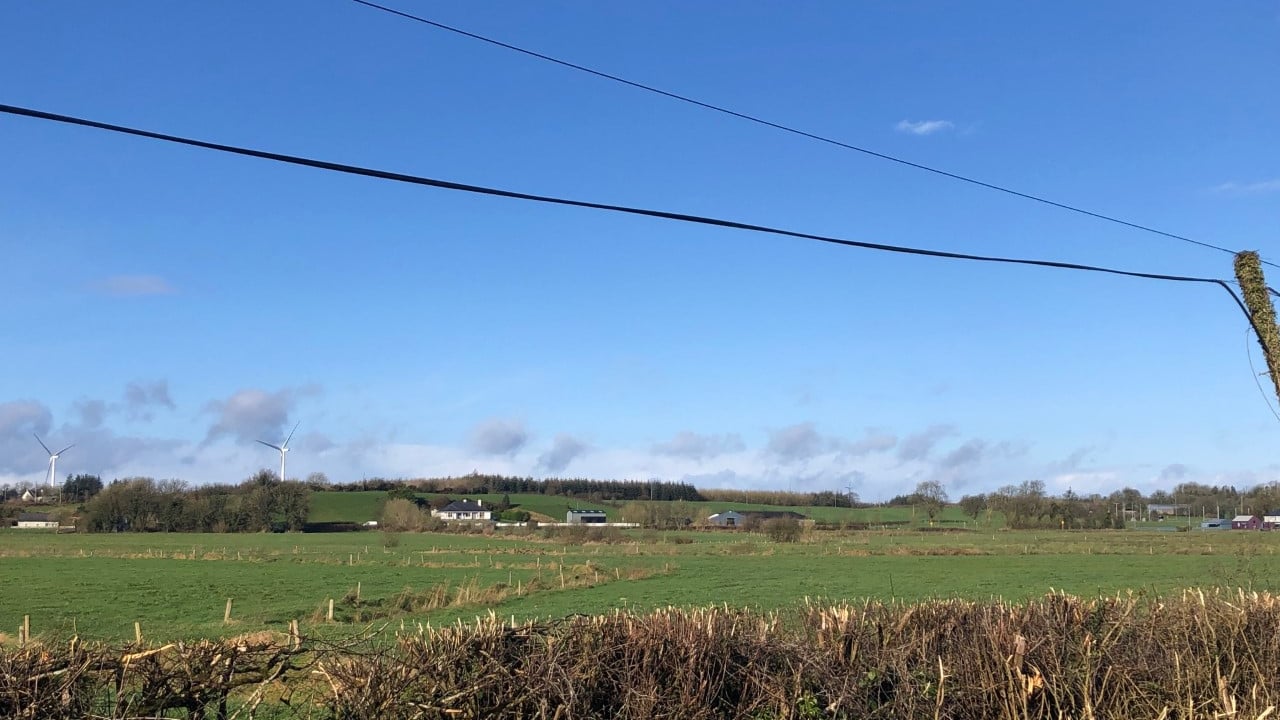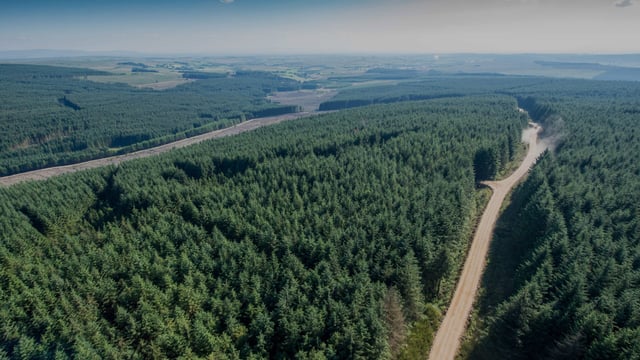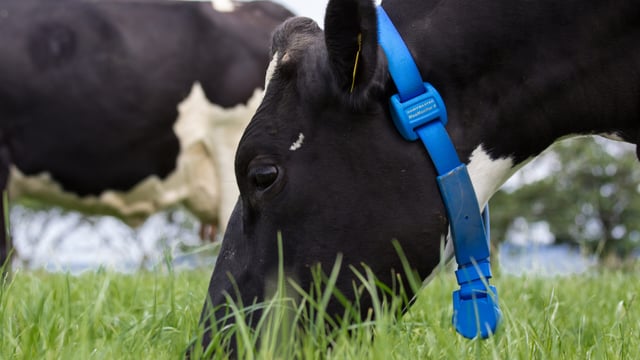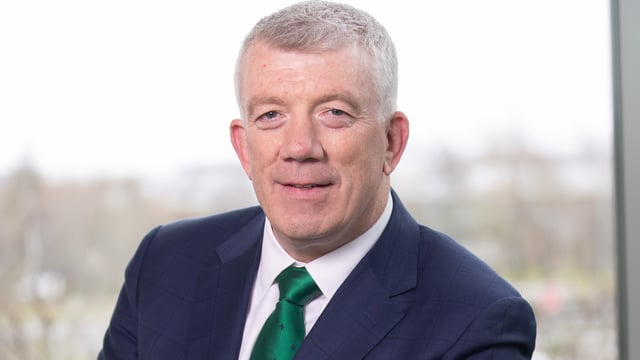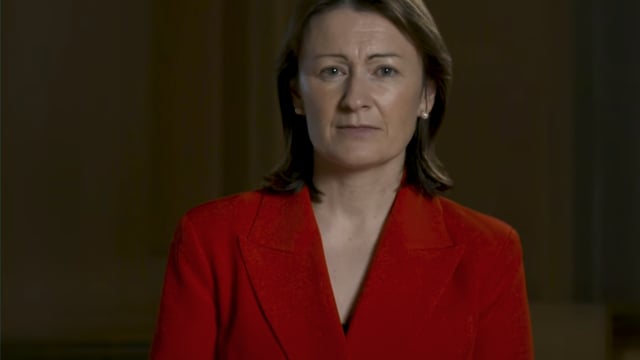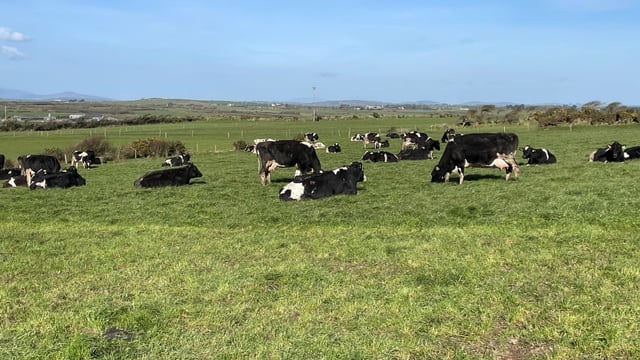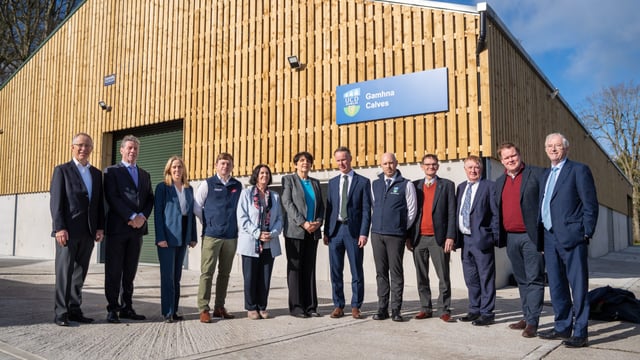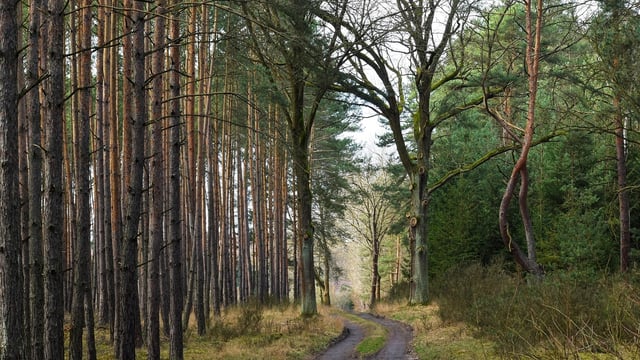Public urged to protect birds as hedge cutting close period nears
The public has been urged to protect nesting birds as the close period for hedge cutting and hedge maintenance approaches.
The bird nesting season, which is recognised as running from March 1 to August 31, is described as "a critical time for birds and wildlife as they prepare to breed".
Hedgerows provide both food and shelter for our birds and wildlife. Legislation prohibits damage to hedgerows from the beginning of March until the end of August, with some limited exemptions.
Minister of State at the Department of Housing, Local Government and Heritage Christopher O' Sullivan has called on the public to protect our birds and nature as the spring season begins.
The minister said: "Hedgerows are a unique feature of the Irish landscape, playing an important role in biodiversity, agriculture, and cultural heritage.
"Good quality hedgerows are especially important to provide food and shelter for our birds and protect their nests and eggs from predators. By protecting our hedgerows, we are ensuring that our most precious birds and wildlife are protected at a time when they are at their most vulnerable," Minister O'Sullivan added.
Under Section 40 of the Wildlife Act 1976, the cutting, grubbing, burning or other destruction of “vegetation growing in any hedge or ditch” between March 1 and August 31 is prohibited to safeguard nesting birds and other wildlife during the breeding season.
Irish legislation recognises that there may be some circumstances when hedge cutting is required for specific and important reasons. These exemptions from the restricted hedge cutting season only apply in a limited range of circumstances.
Hedge cutting may be allowed to ensure public safety, such as preventing obstruction of public roads or maintaining sightlines at junctions.
There is no exemption to the burning of vegetation during the closed season, which covers the same time period.
It is still an offence under Section 22 of the Wildlife Act 1976 to willfully destroy, injure, or mutilate the eggs or nest of a wild bird, or to willfully disturb a wild bird on or near a nest containing eggs or un-flown young birds, at any time of the year.
It is advised that works take place outside of the nesting season. If works must take place when nesting birds may be present, it will be necessary to carry out checks for nests and breeding birds prior to such works being undertaken.
Niall Ó Donnchú, director of the National Parks and Wildlife Service (NPWS), commented: "Members of the public, landowners and farmers are key partners for us in our nature protection work, and we know that we can rely on that partnership for nature.
"As ever, we appeal to the public and landowners to be aware of their obligations under Section 40 of the Wildlife Act and to take the necessary precautions to protect our wildlife," O Donnchú added.
He said that breaches of the Wildlife Act "constitute a wildlife crime, and evidence of deliberate damage will be investigated and may result in prosecution".

